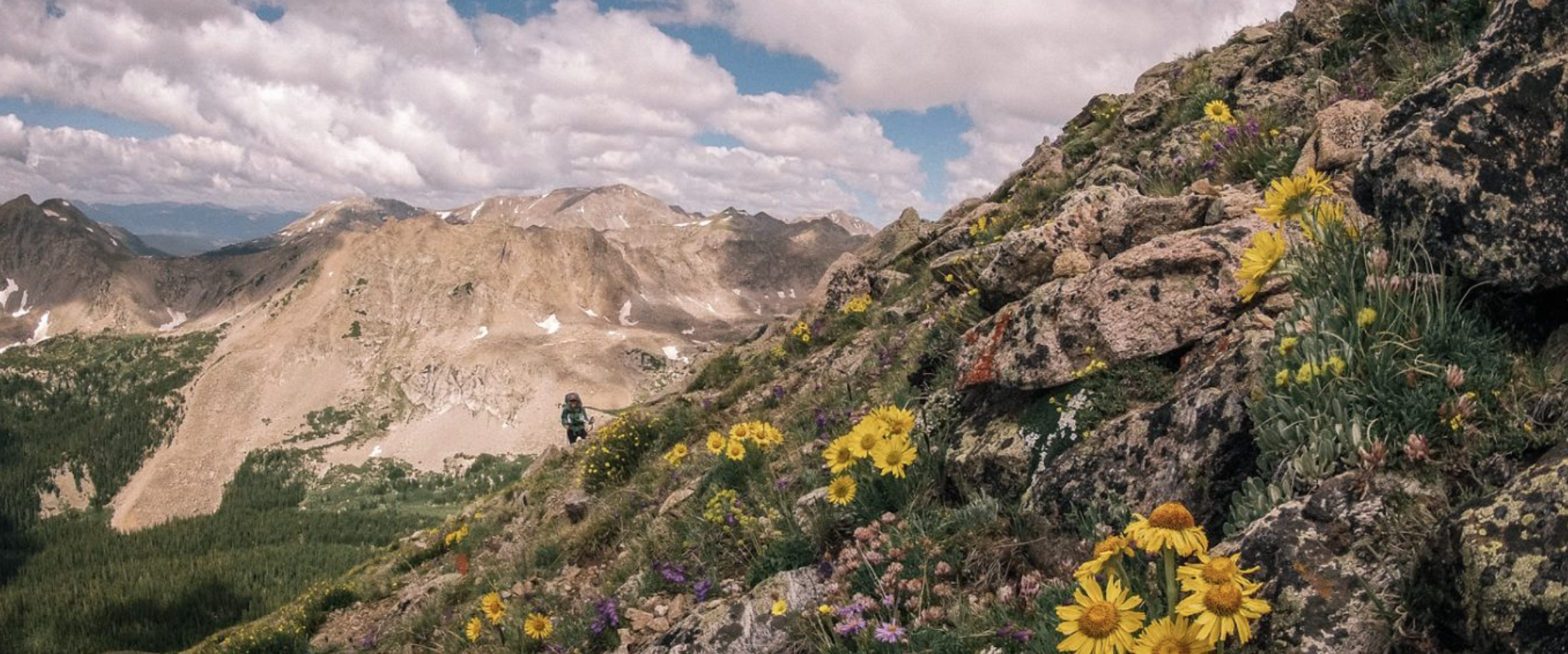Cumberland Island – Carnegie-Style Backcountry Bliss in Georgia
When you think of backcountry camping, endangered habitat and sea turtles, you don’t often combine that image with mansions from the Gilded Age, but that’s exactly what defines Cumberland Island National Seashore. One of Georgia’s barrier islands, it was once a fantasyland for the world’s wealthiest people. That’s because the famed Carnegie family inhabited it in the late 1800s.
Picture a Manhattan-size island with miles of stunning, undeveloped beaches, maritime forests filled with palmetto and live oak, and freshwater ponds surrounded by cypress trees. On the south end of the island sits Dungeness, a mansion and estate formerly owned by Thomas and Lucy Carnegie that once employed about 300 servants. Visitors can walk up the oak-lined driveway that was used by horse and buggy, meander on a primitive trail around the estate’s remains (it was damaged in a 1950 fire), visit the former icehouse (now a museum) and check out the historic graveyard. Other mansions, built for the Carnegie children, dot the island—such as Plum Orchard, a Carnegie house that is well-preserved for touring.
While the historic structures are certainly a draw, the wild beaches, freshwater ponds and 50 miles of backcountry trails are magnetic for outdoor enthusiasts. From the mainland, paddlers can kayak to the island in under two hours from Crooked River State Park while most visitors catch a 45-minute passenger-only ferry from the park’s gateway—town of St. Marys. (Check in is required first at the NPS visitor center.) Roughly 80% of Cumberland’s trails are located in the backcountry, most in designated wilderness. Trail maintenance has been completely done on a volunteer basis. Because of the limited access and lack of a paid trail crew, many of the island’s most iconic trails are impassable or impossible to navigate.
The island’s trail system connects one front-country campground, called Sea Camp, with four established backcountry campsites. Sea Camp, comprised of fifteen campsites, two group sites, running water and restrooms, sits three-quarters of a mile from the Sea Camp Ranger’s Dock ferry stop—one of two docking points—and is popular for those who want to camp with coolers, family-size tents and grills. It makes a good launching point for day hikers and backpackers.
Currently estimated, 30% of the trails on the island require major improvements. The island has never had a trail map with trail descriptions, GPS coordinates or mileage.
“Cumberland is the only island in Georgia that has a network of backpacking trails open and accessible to the public,” says Bryan Schroeder, senior director of stewardship and outreach at Georgia Conservancy. “How can a hiker or backpacker experience these scenic and iconic places if trails are clogged and impassable?”
The Georgia Conservancy, the organization that helped Cumberland Island evade a fate of paved roads and golf courses in the late 1960s, and the National Park Service are working together to restore the trails in a project called the Cumberland Island Backcountry Trail Restoration Project. They hope to create a hikers’ paradise and keep the island wild.
By October 2016, the goal is to have one hundred percent of Cumberland National Seashore’s backcountry trail system will be open, clear and easily navigable. Trails will have signage, a legitimate trail map will exist (up until now, visitors default to hand-drawn maps) and interpretive signs will be in place.
Few hiking trails pass through an area with as much history as Cumberland Island—steeped in everything from Native American footsteps to Carnegie heels. “It’s vital that people who love Cumberland Island step up and be a part of its stewardship,” says Schroeder, “We’re proud to have REI’s support through Every Trail Connects to keep this accessible to all hikers and backpackers.”
REI will donate $5.9 million in 2015 to help care for and increase access to more than 1,000 outdoor places in the U.S. Get involved: https://www.rei.com/trails.






